Welcome to the world of plant oils, where the pantry is stocked with essential ingredients for sautéing, frying, and flavoring your favorite dishes. Among these kitchen essentials, olive oil and vegetable oils reign supreme, offering distinct qualities and flavors cherished by cooks worldwide.
In this article, we’ll explore the nuances of olive oil vs vegetable oil, uncovering their diverse applications, taste profiles, nutritional attributes, and potential health perks. Whether you’re a culinary enthusiast or health-conscious cook, join us as we uncover the differences between these beloved plant oils. Let’s begin a flavorful journey of discovery together!
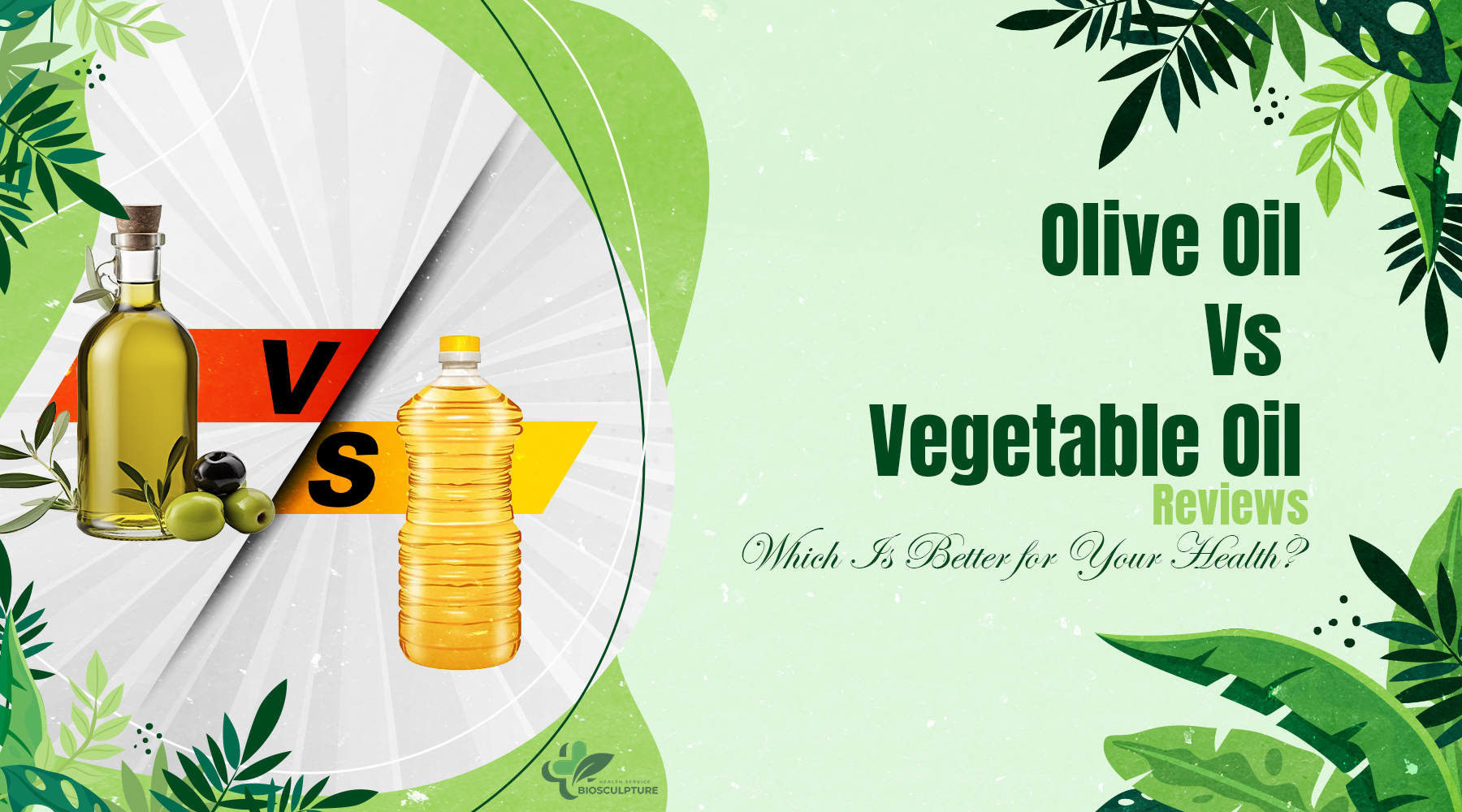
1. Benefits of Olive Oil Vs Vegetable Oil
Olive oil and vegetable oil are two of the most commonly used oils in cooking, each with its own set of benefits. Here’s a comparison of the two:
1.1 Olive Oil
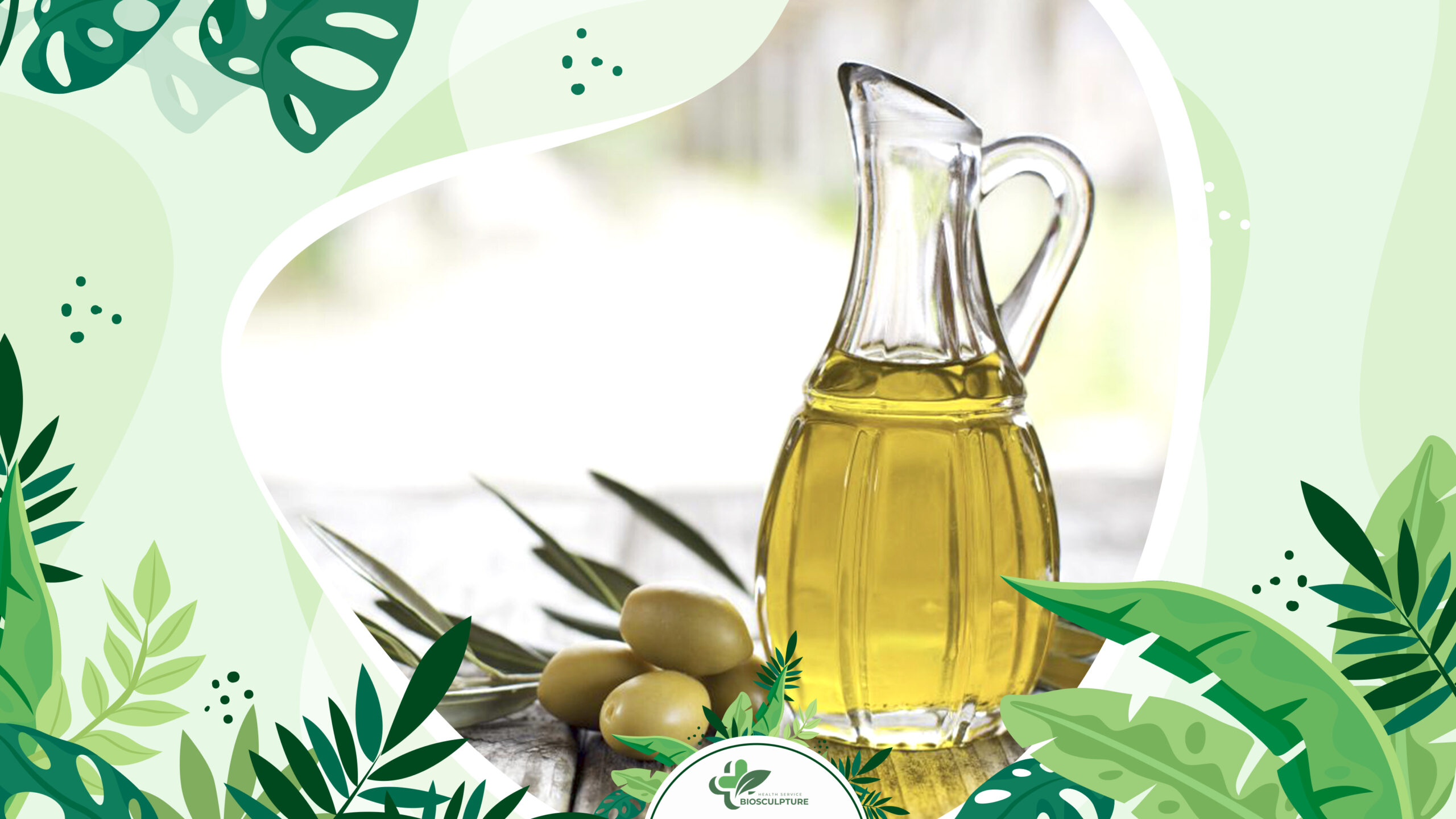
Supporting Cardiovascular Well-being
Heart disease remains the foremost cause of mortality in the U.S., largely due to atherosclerosis, or the buildup of plaque in the arteries. Modifying your diet to include olive oil is a powerful step toward diminishing this risk. Olive oil, a cornerstone of the Mediterranean diet, is lauded for its benefits to heart health.
Packed with phenolic antioxidants such as oleuropein, olive oil plays a significant role in mitigating inflammation and decelerating the progression of atherosclerosis. Studies confirm that regular consumption of olive oil enhances arterial health, reduces levels of “bad” LDL cholesterol, and boosts ‘good’ HDL cholesterol. Remarkably, consuming just over half a tablespoon of olive oil daily has been linked to a 14% reduction in the risk of heart disease, in comparison to those who do not include it in their diet.
Rich in Anti-inflammatory and Antioxidant Properties
Olive oil boasts over 200 advantageous plant-based compounds, including potent antioxidants like hydroxytyrosol (HT) and its derivatives. These substances are instrumental in reducing inflammation and cellular damage by inhibiting inflammatory pathways and decreasing markers such as CRP and interleukin-6 (IL-6).
Extensive research, including a 2015 review encompassing 30 studies with more than 3,000 participants, has illustrated that supplementation with olive oil can notably diminish CRP and IL-6 levels. Furthermore, a study in 2023 revealed that individuals with rheumatoid arthritis (RA) who increased their olive oil intake saw a decrease in disease activity and inflammatory markers.
Potentially Lowers Risk of Widespread Health Issues
Incorporating olive oil into your diet could also lower the risk of prevalent conditions such as type 2 diabetes while potentially enhancing longevity.
Research from 2017 found that those with a higher consumption of olive oil had a 16% reduced risk of developing type 2 diabetes, alongside improved glucose regulation—a key factor in diabetes management.
Moreover, a 2022 review connected an additional daily intake of 25 grams of olive oil to a 22% decrease in diabetes risk and lower mortality rates.
Another study in 2022 demonstrated that a high intake of olive oil could reduce death rates from cancer by 17%, neurodegenerative diseases by 29%, and respiratory conditions by 18%.
Opting for olive oil over saturated fats has been associated with an 8%-34% decrease in overall mortality risk.
1.2 Vegetable Oil
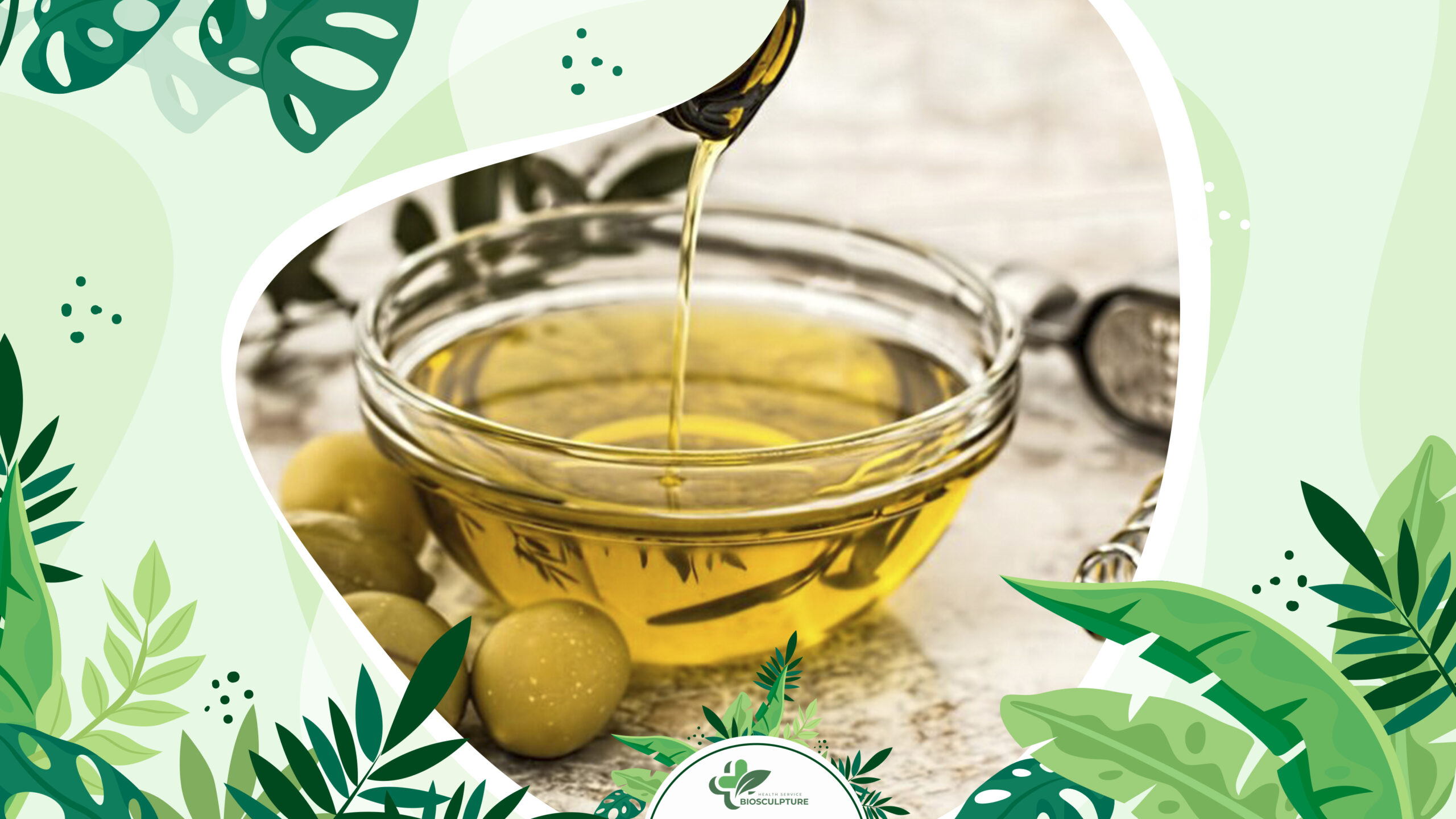
Lowering Heart Disease Risk
Studies, including one from the State University of New York, Buffalo, featured in “The Journal of the American Medical Association” in February 1990, highlight vegetable oil’s potential to reduce heart disease risk. This research found that incorporating vegetable oils into the diet could normalize factors linked to cardiovascular diseases, such as blood sugar levels, blood pressure, and serum cholesterol levels.
Reducing Breast Cancer Risk
Research from the Universita di Milano, Italy, reported in the November 1995 issue of “Cancer Causes and Control,” indicates that regular consumption of olive oil and other vegetable oils might help lower the risk of developing breast cancer, compared to the intake of butter and margarine.
Boosting Metabolism
A study by São Paulo State University, Brazil, published in the October 2010 “Nutrition Journal,” suggests that vegetable oil, especially olive oil, can enhance metabolism in obese individuals. Olive oil’s phenolic compounds, known for their antioxidant, anti-inflammatory, and anticoagulant effects, may increase metabolic rate.
Aiding in Acute Pancreatitis Recovery
Extra virgin olive oil, rich in oleic acid and hydroxytyrosol, has been found to offer protection against acute pancreatitis, a sudden inflammation of the pancreas, by impacting the disease’s development through its beneficial components.
Osteoporosis Prevention
Coconut oil, with its high antioxidant levels, serves as a natural remedy for osteoporosis by combating free radicals. Studies on osteoporosis have shown that coconut oil not only improves bone structure and volume but also reduces bone loss associated with the condition.
Enhancing Digestion and Alleviating Digestive Disorders
Coconut oil aids in digestion by facilitating the absorption of fat-soluble vitamins, calcium, and magnesium, thus playing a role in treating or preventing stomach ulcers and ulcerative colitis. It also promotes gut health by eliminating harmful bacteria and candida.
Antioxidant Benefits
Oils such as peanut oil, almond oil, and wheat germ oil are rich in vitamin E, which boosts the immune system by acting as an antioxidant. Vitamin E protects various body tissues, like skin and eyes, and helps prevent heart diseases by controlling free radicals, reducing the risk of blood clots, and preventing blockages in coronary arteries.
2. Differences Between Olive Oil Vs Vegetable Oil
Olive oil and vegetable oil differ in how they’re made, their best culinary uses, flavors, and nutritional composition. Below are some of the main differences between olive oil and vegetable oil:
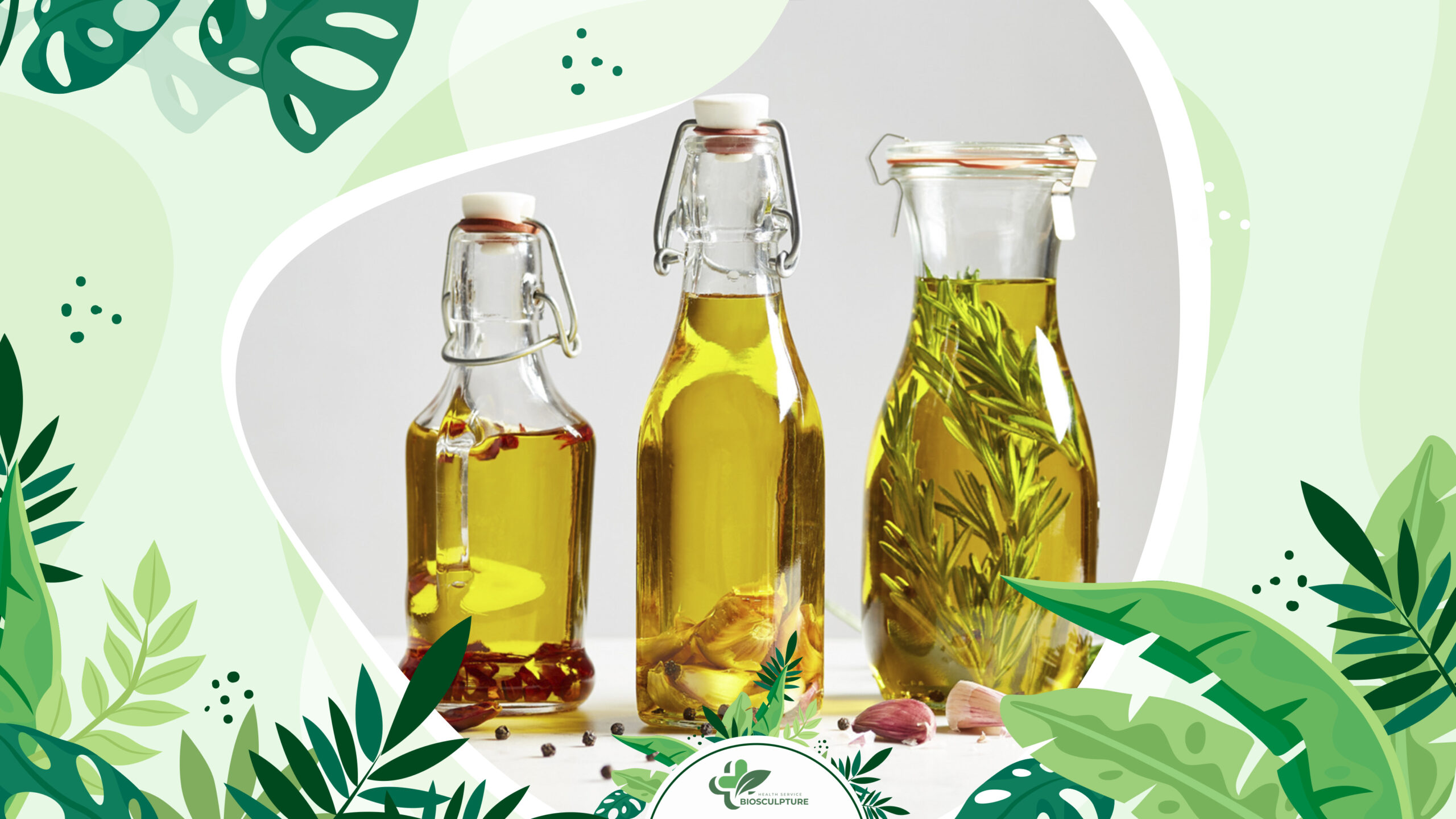
2.1 Processing and Flavor
The way olive and vegetable oils are made greatly affects their taste and nutrient content. Olive oil, especially the extra virgin type, is less processed. It’s made by pressing olives, keeping its strong olive flavor and more nutrients. On the other hand, vegetable oil comes from a mix of different plants like canola, corn, and soybean. It goes through more processing to get rid of impurities and ends up with a neutral taste, making it less distinct than olive oil.
2.2 Nutritional Aspects
The health benefits of these oils differ due to their fat content. Olive oil is rich in monounsaturated fats, which are good for the heart and help reduce inflammation. Vegetable oils are higher in omega-6 polyunsaturated fats, which might cause inflammation if you have too much. Extra virgin olive oil also has lots of antioxidants and vitamins E and K, which are good for your body. But, because vegetable oil is more refined, it loses many of these healthy elements.
2.3 Comparing Olive Oil Vs Vegetable Oil
Overall, olive oil is often seen as the healthier choice because of its good fats and antioxidants that help the heart and fight inflammation. It’s best for making dressings and cooking at low to medium heat. Vegetable oil, however, can handle high heat better due to its higher smoke point, making it suitable for frying. Your choice between olive and vegetable oil should depend on what you’re cooking and your health goals. Both oils can be part of a healthy diet if used properly.
2.3 Similarities Between Olive Oil Vs Vegetable Oil
Both olive oil and vegetable oil typically have similar smoke points, ranging around 400°F (205°C). The smoke point is important because it marks the temperature at which the fats in the oil begin to break down into glycerol and free fatty acids, affecting the nutritional value and flavor of the oil.
Like vegetable oils, certain olive oils undergo extensive processing, such as pomace olive oil, which results in a loss of micronutrients and the distinctive taste found in extra virgin olive oil, leaving a more neutral flavor profile.
Refined olive oils are those that do not carry the “virgin” or “extra virgin” labels, signifying a higher level of processing. To ensure you’re selecting an oil that is both rich in flavor and retains some nutritional value, opting for oils labeled “virgin” or “extra virgin” is a reliable guideline.
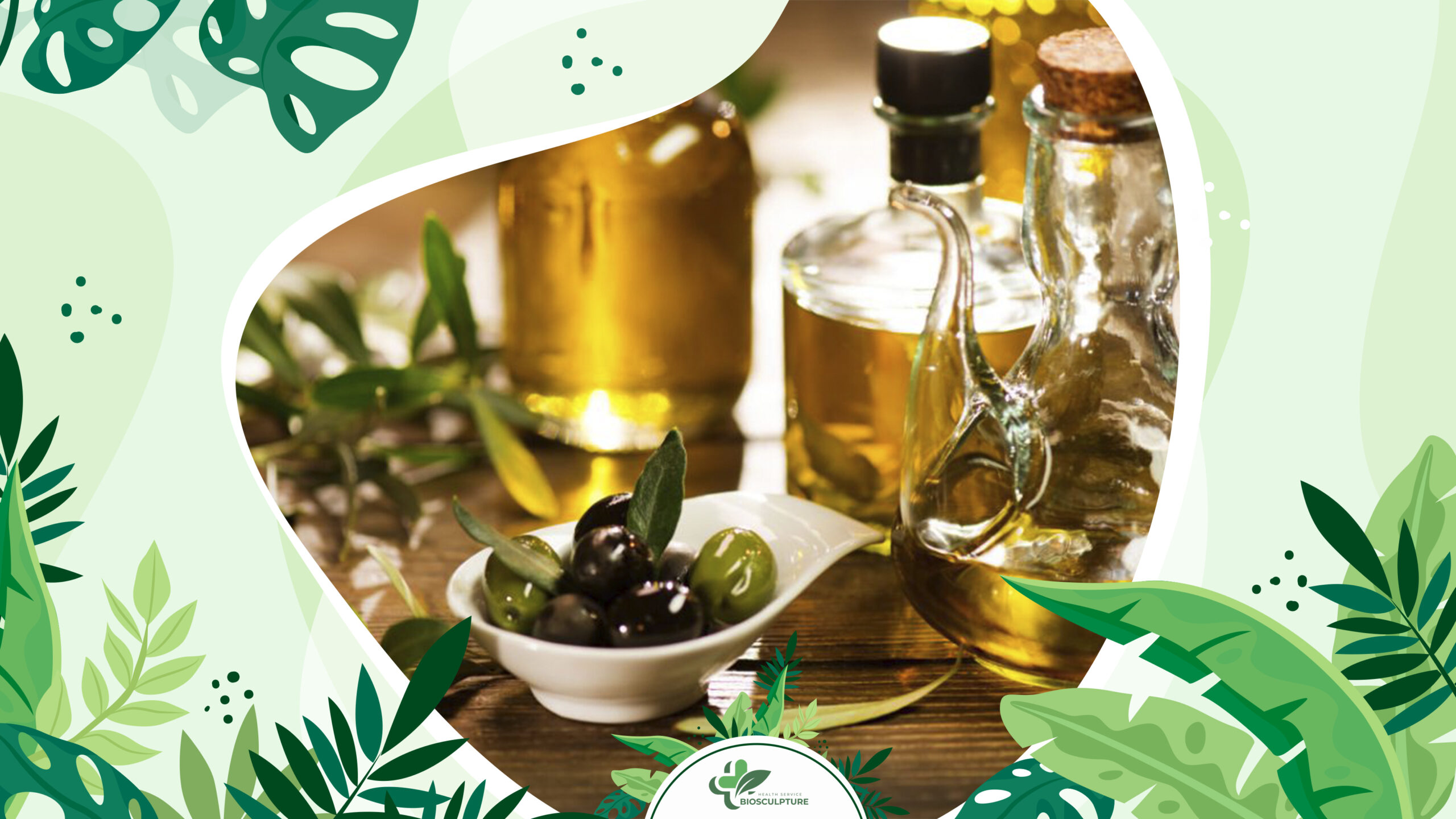
3. Olive Oil Vs Vegetable Oil: Which Is Healthier?
Olive oil, particularly extra virgin, stands out as one of the least processed cooking oils available. This minimal processing ensures it retains a higher concentration of antioxidants, vitamins, and minerals compared to other oils.
For instance, the antioxidant and polyphenolic compounds found in olive oil have been extensively studied for their positive effects on heart health.
In contrast, vegetable oil undergoes significant processing to neutralize its flavor and blend various types of plant oils. This extensive processing strips away many beneficial nutrients, leaving behind primarily empty calories.
Switching from vegetable oil to olive oil may also have benefits for brain health. Research indicates that substituting vegetable oil with extra virgin olive oil can enhance cognitive function, particularly in older adults.
In short, when considering which oils to consume, extra virgin olive oil is always a healthier choice than most vegetable oils and vegetable oil blends. Being minimally processed and rich in nutrients makes it the preferred choice for promoting overall health and well-being.
4. Conclusion
In conclusion, when it comes to Olive Oil vs Vegetable Oil, understanding their differences is key to making informed choices for your health and cooking endeavors. We’ve explored the nuances and benefits of each, empowering you to select the best option for your needs. Have a personal experience or feedback to share? We’d love to hear from you! Don’t forget to explore more insightful blogs from Biosculpture for further inspiration and knowledge on healthy living with Olive Oil vs Vegetable Oil.
>See more similar articles:
1. Manganese vs Magnesium: A Comprehensive Comparison
2. Basmati Vs Jasmine Rice: Exploring Unique Flavors & Recipes
3. The Difference Between Vitamin K Vs Potassium


